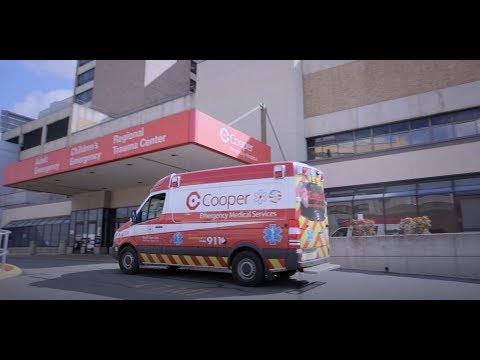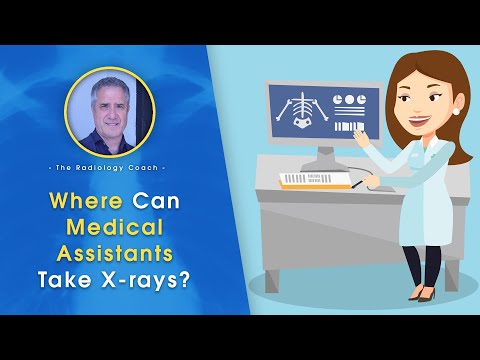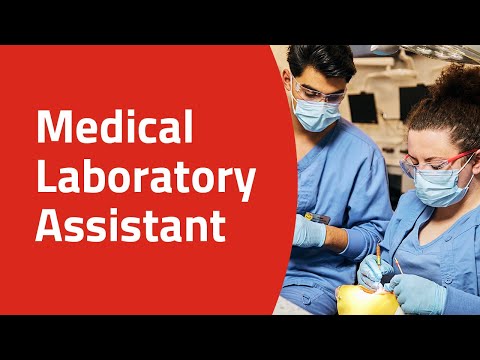Medication-Assisted Treatment for Opioid Addiction
Contents [show]
If you or someone you love is struggling with opioid addiction, Medication-Assisted Treatment (MAT) may be a good option. MAT combines medication with behavioral therapy to provide a holistic approach to treatment.
MAT can be an effective treatment for opioid addiction, but it’s not right for everyone. Talk to your doctor or a treatment professional to see if MAT is a good fit for you or your loved one.
Checkout this video:
Introduction to Medication-Assisted Treatment (MAT) for opioid addiction
Opioid addiction is a serious and growing problem in the United States According to the National Institute on Drug Abuse (NIDA), more than 115 people die every day from an opioid-related overdose.
MAT is a type of treatment that combines certain medications with counseling and behavioral therapies to treat substance use disorders like opioid addiction. It is often used when traditional treatments, like detoxification, have failed or are not appropriate.
MAT medications help to reduce withdrawal symptoms and cravings, making it easier for people to stick to their treatment plan and avoid relapse. It is important to remember that MAT is only one part of a comprehensive treatment plan. Medications alone will not cure addiction, but they can be an important part of recovery.
If you or someone you know is struggling with an opioid addiction, there are many resources available to help. You can start by talking to your doctor or contacting a local treatment center.
The benefits of MAT for opioid addiction
MAT is an evidence-based approach to treating opioid addiction that combines behavioral therapy and medication. This combination has been shown to be more effective than either treatment alone in helping people reduce their use of opioids, stay in treatment, and avoid relapse.
MAT can help people with opioid addiction by:
-Reducing cravings for opioids
-Decreasing the risk of overdose
-Making it easier to participate in treatment
-Improving retention in treatment
-Improving social functioning and quality of life
The different types of medication used in MAT for opioid addiction
There are three different types of medication that can be used in MAT for opioid addiction: agonist, partial agonist, and antagonist.
Agonists work by binding to the same receptors in the brain that opioids bind to. This causes the same types of effects as opioids, including pain relief and pleasure. However, because agonists are weaker than opioids, they don’t cause the same degree of intoxication.
Partial agonists also bind to the same receptors as opioids, but they don’t cause as much intoxication. In fact, partial agonists can actually block some of the effects of opioids.
Antagonists work by binding to receptors in the brain and blocking the effects of opioids. This can help to reduce cravings and prevent intoxication.
The role of counseling and therapy in MAT for opioid addiction
Therapy and counseling play an important role in medication-assisted treatment (MAT) for opioid addiction. MAT is a comprehensive approach to treatment that combines medication with counseling and other support services.
Counseling and therapy can help people in MAT for opioid addiction:
-Understand the role of opioids in their lives
-Address underlying issues that may have contributed to their addiction
-Develop positive coping and problem-solving skills
-Build a support network of family and friends
– stay motivated and engaged in treatment
The importance of a support system in MAT for opioid addiction
Medication-assisted treatment (MAT) is an effective way to treat opioid addiction, but it’s important to have a support system in place to make it successful. A MAT program should include counseling and other services to help you recover from addiction.
MAT can help reduce withdrawal symptoms and cravings, and it can make it easier to stay in treatment. But it’s not a cure for opioid addiction. You’ll still need to work on your recovery every day.
A support system can include:
-Family and friends who are supportive of your recovery
-Counselors or therapists who can help you manage your recovery
-A doctor or other healthcare provider who can monitor your progress
-A 12-step program or other peer support group
The challenges of MAT for opioid addiction
MAT has been found to be an effective tool in treating addiction, but there are still many challenges that need to be addressed. One of the biggest challenges is the lack of access to MAT for those who need it. MAT is also often stigmatized, which can make it difficult for people to seek out treatment. There are also some side effects of MAT that can be difficult for people to manage.
How to overcome the challenges of MAT for opioid addiction
Despite its well-documented efficacy, medication-assisted treatment (MAT) for opioid addiction is underutilized. A combination of individual, Provider and systemic level barriers contribute to this problem.
Individual level barriers include patients’ negative attitudes towards taking medication for their addiction, as well as the perception that MAT is simply substituting one addiction for another. These attitudes can be overcome with education about the evidence-based efficacy of MAT, as well as destigmatization of patients who take medication to treat their addiction.
Provider level barriers include inadequate provider training on MAT and lack of access to MAT providers. These problems can be addressed through continuing medical education and simplification of the MAT prescribing process.
Systemic level barriers include prohibitive cost of medications, prior authorization requirements, and prior authorization denials. These problems can be addressed through policy changes at the state and federal level.
The success stories of MAT for opioid addiction
Though often controversial, medication-assisted treatment (MAT) for opioid addiction has been shown to be effective in reducing relapse and promoting recovery. For many people struggling with addiction, MAT can be a life-saving intervention.
MAT combines behavioral therapy with medication to address both the physical and psychological aspects of addiction. The medication used in MAT helps to reduce cravings and withdrawal symptoms, making it easier for people in recovery to stick to their treatment plan.
There are many success stories of people who have used MAT to overcome their opioid addiction and go on to lead healthy, productive lives. If you or someone you know is struggling with opioids, please don’t hesitate to seek help. There is hope for recovery!
The future of MAT for opioid addiction
medication-assisted treatment, or MAT, has been proven to be an effective way to treat opioid addiction. However, there is still much room for improvement in terms of how MAT is delivered and how it is accessed by those who need it. In this article, we will explore some of the ways that MAT can be improved in order to better serve those who are struggling with opioid addiction.
One way that MAT can be improved is by increasing access to treatment. Currently, there are many barriers to accessing MAT, such as lack of insurance coverage, lack of available providers, and stigma. Increasing access to treatment will require a concerted effort from policymakers, insurers, and providers to make treatment more affordable and available.
Another way that MAT can be improved is by making it more evidence-based. Currently, there is a wide range in the quality of care that patients receive depending on the facility where they receive treatment. Some facilities use outdated methods or do not follow best practices. Making MAT more evidence-based will help ensure that all patients receive the same high-quality care.
Finally, another way to improve MAT is by increasing provider training on evidence-based practices. Providers who are not adequately trained in evidence-based practices are more likely to use outdated methods or make errors in care. Increasing provider training will help ensure that all providers are using the most up-to-date methods and providing the highest quality care possible.
Conclusion
The most important thing to remember is that addiction is a chronic disease, and like other chronic diseases it requires treatment. Medication-assisted treatment is one approach that can be effective for some people. If you or a loved one are struggling with addiction, talk to your doctor about all of your treatment options.







